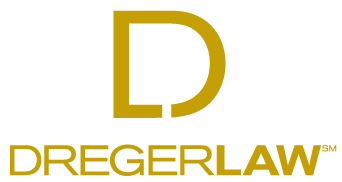To continue our ongoing discussion about the many facets of commercial leases, I’d like to look at the topic of how to continue your lease beyond its termination date. Such a continuation can be structured as either a renewal or an extension. Today, I will explain the legal difference and why it matters to your business.
Terms and Renewals
Let’s say you’ve been leasing space from a landlord and you’re happy with the deal. You enjoy the location and you have a successful relationship with the property manager. So you want to renew the lease and continue this agreement for a specified period.
First, read over your lease in detail. Typically, it will include terms for an extension and spell out the time frame required to give your landlord notice. Furthermore, your lease may list the length of the renewal and the rental rate. If you decide to take advantage of this option, don’t forget to alert your landlord in writing.
Some commercial agreements have no renewal terms. But that doesn’t mean you cannot negotiate an extended lease with your landlord. Get in touch with this individual immediately and state that you wish to negotiate a renewal. Since you hope to stay, you’ve likely established a productive relationship and that can be invaluable when negotiating fair terms.
At this point, it is important to clarify whether you are merely seeking “to extend” your lease or “to renew” your lease. While those terms may seem identical, they are not and it is important that a tenant understand the difference.
The Difference
An extension of your lease simply lengthens the lease period for an additional period time, while the terms and conditions of the lease remain the same. In contrast, a renewal of your lease lengthens the lease period but also modifies other terms of the lease that may be necessary or desirable since the time that the original lease was entered into by the parties.
For example, rental rates in the area may have increased in excess of the annual rent increase factor that the original lease specified, thereby allowing the tenant to pay an under-market rental rate during the latter years of the original lease. The landlord will now expect that the renewal lease will dictate market rate rent and market rate annual increases.
Similarly, the tenant during the original lease may have acquired a need for a build-out such as a conference room. The tenant will seek for the landlord to add this build-out as a tenant concession (i.e. landlord cost item) in the renewal lease.
As these examples illustrate, the election of a landlord or a tenant to seek a renewal instead of merely an extension, can have significant financial impacts. Before deciding whether to extend or to renew our current lease, be sure to crunch the numbers, so that you do not unwittingly expose yourself to an adverse financial outcome.

